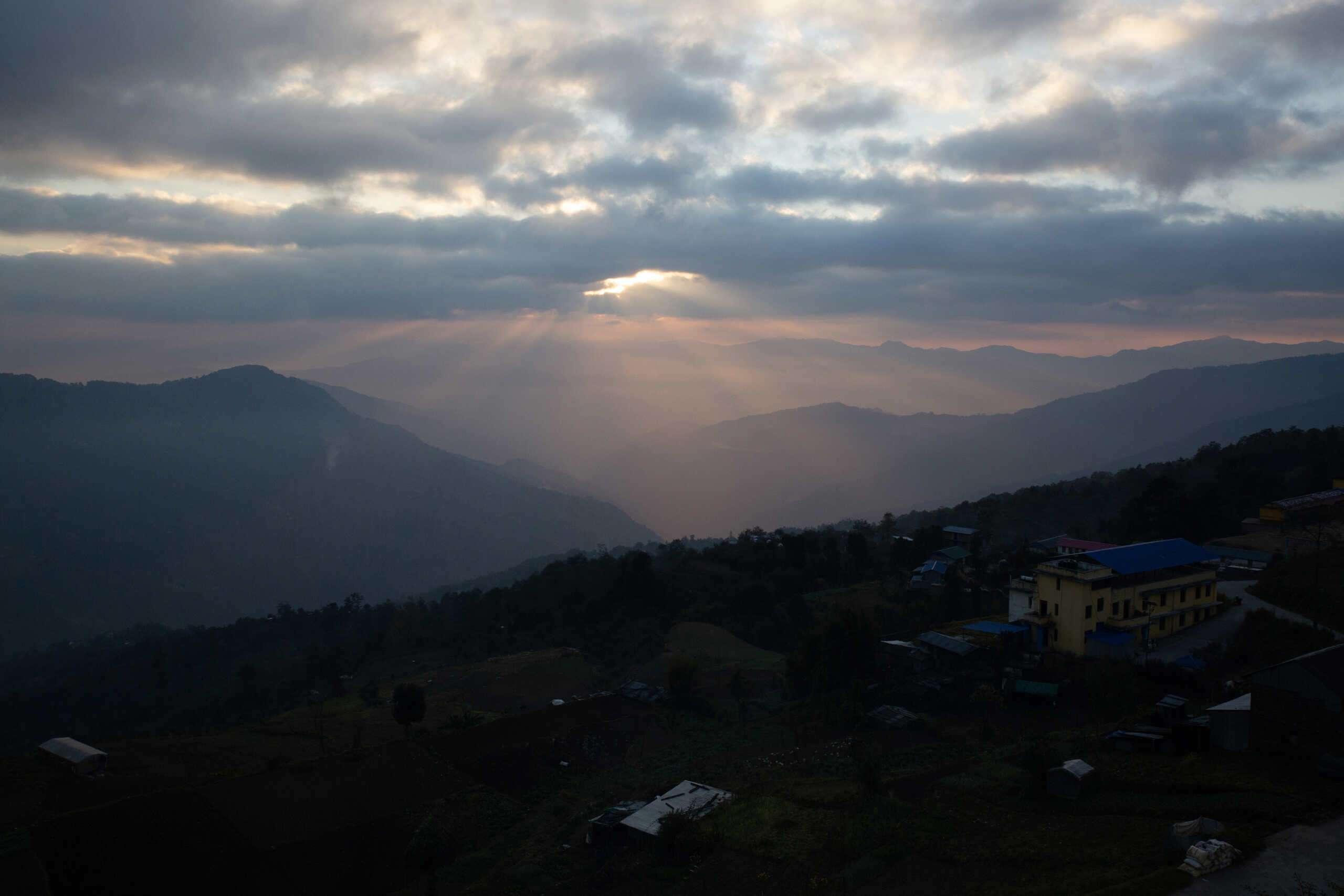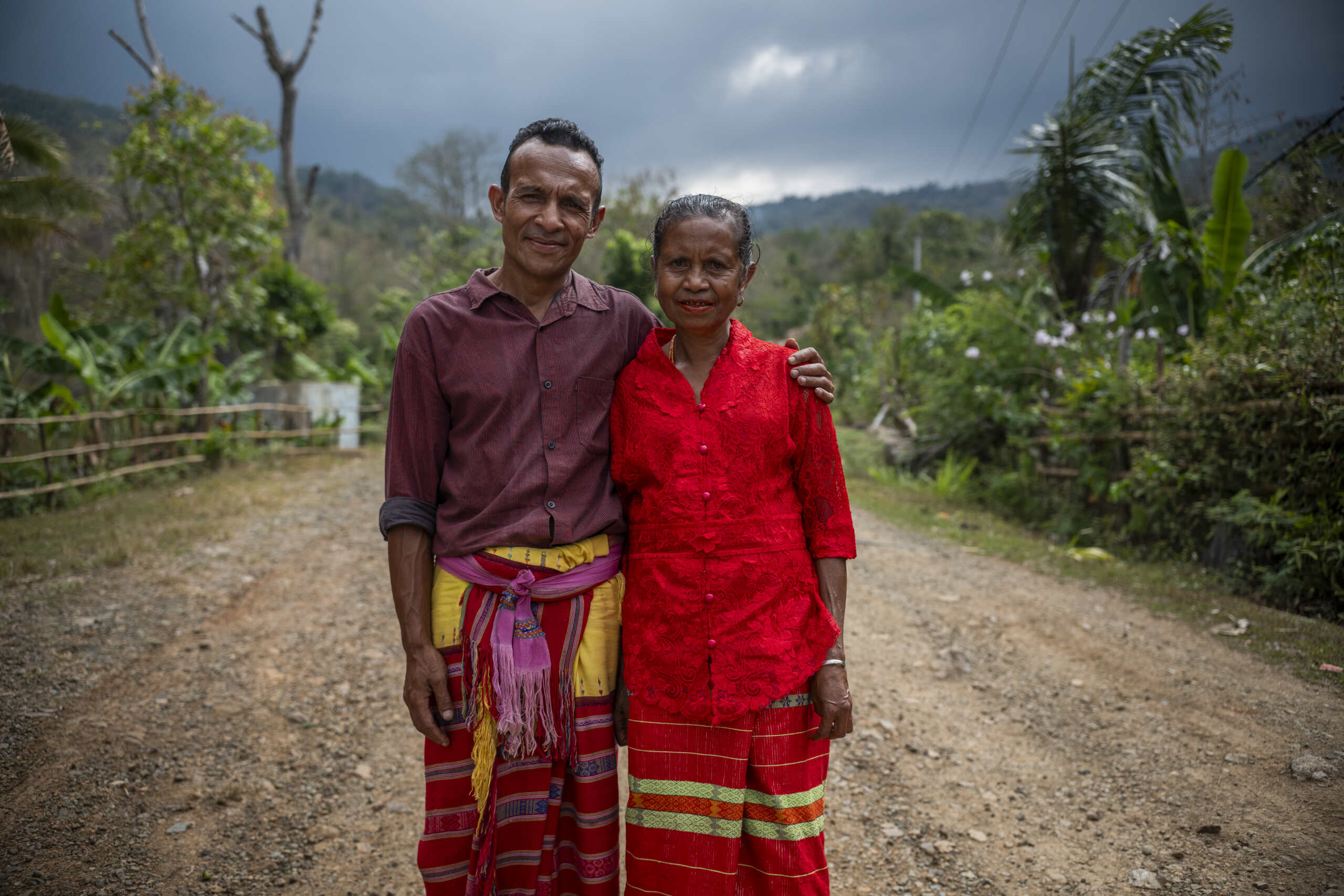Inclusive development means leaving no one behind
Stories | February 24, 2020
As Australia moves to review and modernise the way it provides aid CBM Australia is calling on the government to remember that – above all – development is about people. How the government deploys resources can align with the country’s strategic intent but we also have a moral obligation to ensure Australian aid supports the world’s poorest, most vulnerable and disadvantaged people. This is a necessity if we are to build healthy, sustainable, peaceful communities to the benefit of all people, of all ages and abilities.
People with disabilities make up a significant proportion of the world’s most marginalised people. There are over one billion people living with disabilities in the world, and the rate is even higher in developing countries where one in five people have a disability. People with disabilities in developing countries tend to be poorer and face higher levels of discrimination, exclusion and violence than the rest of the population. This not only makes people with disabilities more vulnerable to human rights violations, but it also weakens their communities and economies which don’t benefit from the contributions they would make.
After a decade of sustained commitment from the Australian Government and others there is a growing evidence base to support the need for disability inclusion to be a strong cross-cutting theme in any new development agenda for the Australian Government. It is a justice and rights issue which cannot be ignored.
At CBM we aim to create an enabling social and policy environment for disability-inclusive development and the Australian Government has been a key ally in this. Since 2008, the Australian Government has shown leadership by supporting innovation, inclusion and empowerment of people with disabilities through their successive Development for All strategies. It is important that this leadership continues across all areas of Australian development assistance.
People with disabilities living in poorer communities are not just numbers; poverty is personal. Every person has a name, a family, a story to tell and a meaningful contribution to make. And they are not just “people with disabilities”. They are also members of just about every group targeted by Australian aid. They are women and girls, they are users of health and education services, they are farmers, small business owners and office workers.
This review is an opportunity to find new approaches and tools to address the negative attitudes, discrimination and lack of access to physical, social and virtual environments for people with disabilities. Whether that is through economic development approaches, the building of accessible infrastructure or building resilience to deal with changes in climate, environment and health. In working to support the inclusion of people with disabilities across all aspects of development and humanitarian responses the Australian Government can proudly lead the world in best practice.
To leave no one behind is an ambitious objective. Yet existing human rights treaties and frameworks provide necessary guidance and Australia already leads the call for inclusion, empowerment and opportunity for some of those who are routinely left behind. By recognising, supporting and working to achieve the international commitments we have already made, Australian aid can ensure that people with disabilities are meaningfully included in development efforts.
CBM is calling on the Australian Government to take the opportunity offered by the aid policy review to show that it can balance wider strategic priorities with a strong focus on the people who most need to be a part of our development efforts. We hope they listen.
Links:
10 Day Campaign for stories about what disability-inclusive development funded by the Australian Government has been able to achieve.
Learn about Community Based Inclusive Development
For more resources on CBMs disability inclusive development work
https://www.cbm.org.au/stories/inclusive-development-means-leaving-no-one-behind
Related Stories

Building inclusive, climate resilient communities in Bangladesh
Highlights from DFAT Post’s visit In January 2026, representatives from the Australian High Commission in...

Week 1 – Lent series 2026
As we enter the season of Lent, we’re taking time as a community to pause, reflect, and draw closer to the heart of God. Lent invites...

How CBM is making a difference in Indonesia
For more than 45 years, CBM Global has been working alongside communities in Indonesia to ensure people with disabilities...
